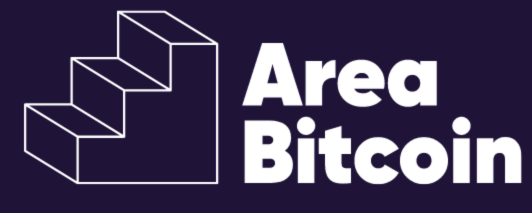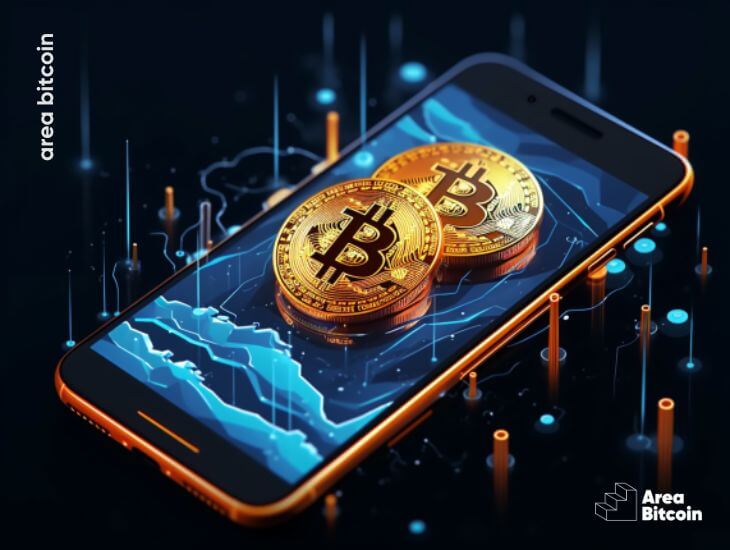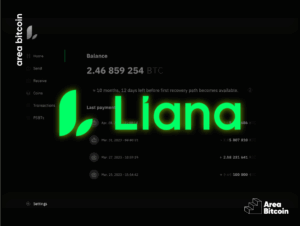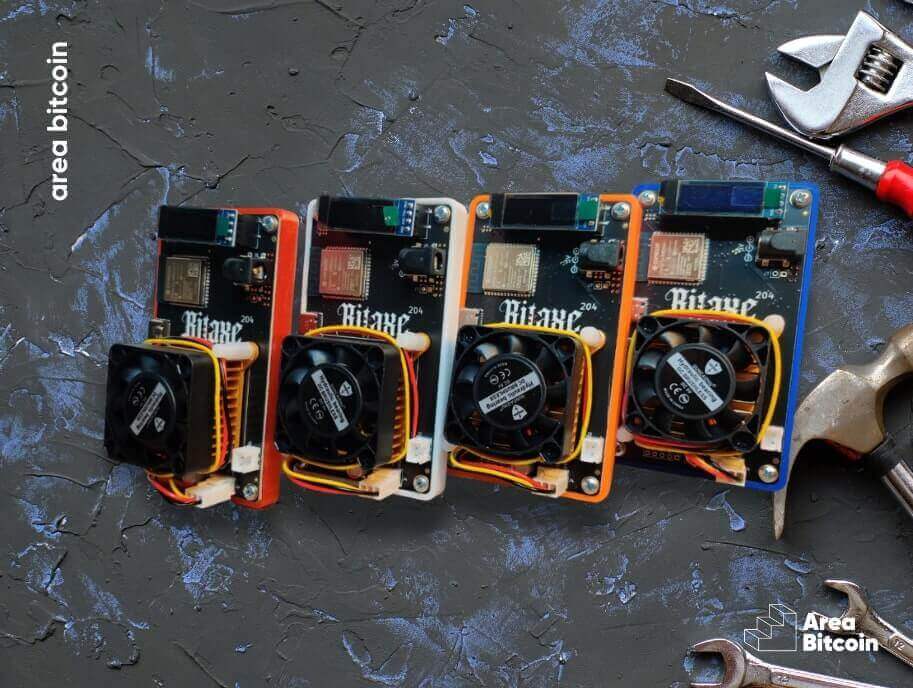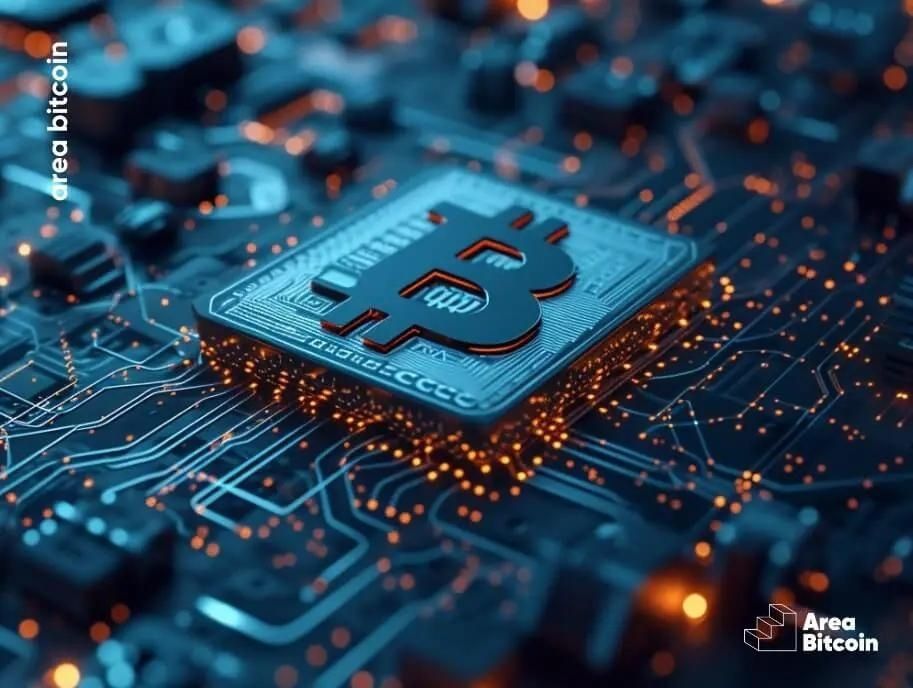Is it possible to mine Bitcoin on a mobile phone? If you’re familiar with Bitcoin mining, you know it requires computational power to secure the Bitcoin network.
Miners compete against each other to earn rewards in the form of new bitcoins.
But can a mobile phone, like an iPhone, handle this task?
Think about it: if a mobile phone is a compact computer, could it be used for Bitcoin mining? Can you profit from it?
In this article, we’ll explore everything you need to know about mobile Bitcoin mining!
Let’s dive in!
Table of contents
How does Bitcoin mining work today?
Bitcoin mining has become a highly competitive and complex process since Bitcoin’s launch in 2009. Today, it involves specialized equipment, intense competition, and significant electricity costs.
Here’s a breakdown of how it works:
1. Proof of Work (PoW)
Bitcoin mining operates on the Proof of Work principle. Miners must solve a complex mathematical puzzle to add a new block to the Bitcoin blockchain, earning newly minted bitcoins as a reward.
2. Specialized equipment
In the early days, home computers were enough for mining. Now, miners use ASICs (Application-Specific Integrated Circuits), machines specifically designed for Bitcoin mining.
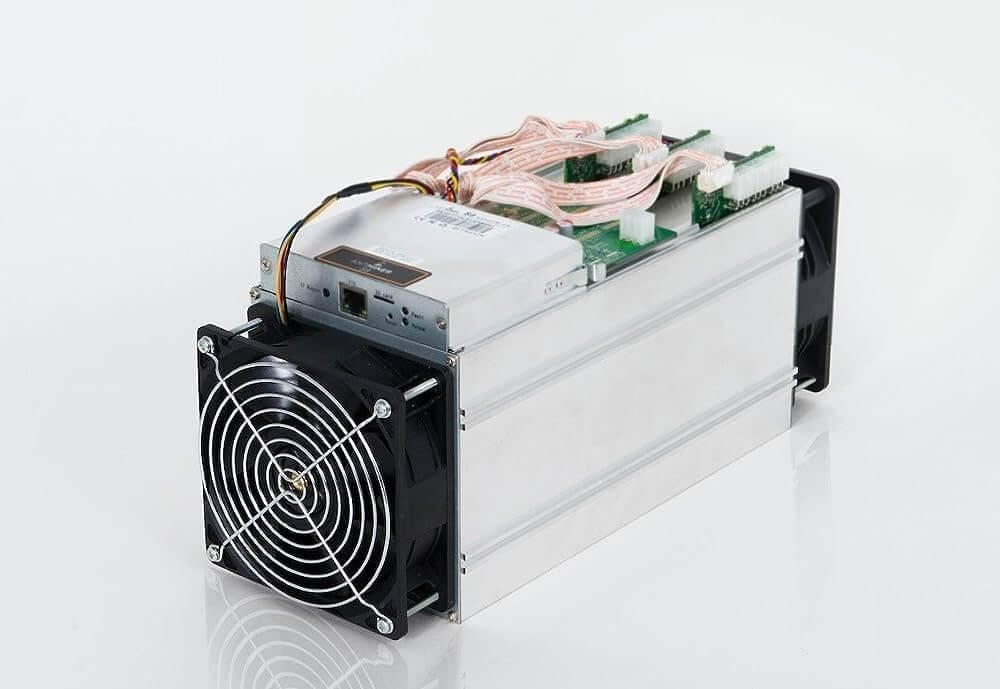
3. Mining pools
Due to the increasing difficulty and competition, individual miners often join mining pools to combine their computational power and improve their chances of success.
Profits are then distributed among pool members based on their contributions.
4. Electricity costs
Mining consumes a lot of electricity, making profitability dependent on electricity costs in specific regions. Many miners set up operations in areas with tax incentives or cheaper electricity, such as Paraguay, China, and Texas (USA).
5. Difficulty adjustment
Bitcoin adjusts its mining difficulty roughly every two weeks.
As more processing power enters the network, the difficulty increases, ensuring a new block is mined about every 10 minutes, regardless of hardware or participant numbers.
6. Mining rewards
The initial block reward was 50 bitcoins, but it halves every four years in events called “halvings.”
The latest halving in 2024 reduced the reward to 3.125 bitcoins. This process continues, making Bitcoin increasingly scarce over time.
What are ASIC machines?
ASICs (Application-Specific Integrated Circuits) emerged in 2013 as a response to increasing competition in Bitcoin mining and the need for more energy-efficient methods.
These hardware chips are specifically designed for Bitcoin mining, far outperforming conventional computers in both speed and energy efficiency. Compared to CPUs and GPUs, ASICs mine Bitcoin much faster and with less energy consumption.
Today, ASICs are the standard for Bitcoin mining, and large-scale operations often take place in mining farms, where many ASIC machines are concentrated.
If you’re considering digital currency mining, it’s important to research and invest in the right hardware, while accounting for electricity costs and market conditions, as profitability can fluctuate.
Is it possible to mine Bitcoin on a mobile phone?
Technically, yes, you can mine Bitcoin using a mobile phone, whether it’s an Android device or an iPhone, as they function like small computers.
However, there are significant limitations and disadvantages. Even the most advanced smartphones lack the processing power needed to compete with ASIC machines, which are specifically designed for efficient Bitcoin mining.
Moreover, mining is a highly energy-intensive process that can strain your phone’s hardware, potentially reducing its lifespan. So, while possible, mobile Bitcoin mining is not practical or efficient.
Is it feasible to mine Bitcoin on a mobile phone?
No, mining Bitcoin on a mobile phone is not feasible due to the complexity, high difficulty, and significant resource consumption involved. Bitcoin mining requires far greater computational power, typically provided by specialized hardware like ASICs.
Since mining is a competitive process, smartphones simply cannot compete with the immense processing power of ASICs, which are specifically designed for this task.
For this reason, mining Bitcoin on a mobile phone is highly inefficient, and it’s not recommended.
How long would it take to mine a Bitcoin on a mobile phone?
Assuming an iPhone has a hash rate of 1 MH/s, it would take around 1,000,000 seconds, or about 11.6 days, to mine one Bitcoin block using a mobile phone.
However, this calculation is purely theoretical, as it assumes mining difficulty remains constant, which is unlikely.
In reality, Bitcoin adjusts its mining difficulty every 10 days, meaning the difficulty would rise significantly during that period, making it impossible to mine a Bitcoin block with an iPhone or any other mobile device.
For curiosity’s sake (and knowing it’s not feasible to profit from mobile Bitcoin mining), here’s an estimate of how long it would take on various phones:
| Smartphone | Hashrate (H/s) | Estimated Time to Mine ONE Bitcoin |
| Samsung Galaxy On7 | 10 | More than 10 days |
| Samsung Galaxy A5 | 10 | More than 10 days |
| Samsung Galaxy S5 | 4 – 6 | More than 10 days |
| Samsung Galaxy S5 mini | 4 | More than 10 days |
| Samsung Galaxy S6 | 36 | Approx. 3.7 days |
| Samsung Galaxy S7 | 29 | Approx. 4.6 days |
| Samsung Galaxy S7 Edge | 31 – 36 | Approx. 4.2 – 3.7 days |
| Samsung Galaxy S8 Plus | 49 – 50 | Approx. 2.7 – 2.6 days |
| Samsung Galaxy Note 8 | 47 | Approx. 2.8 days |
| Nokia 8 | 38 | Approx. 3.5 days |
| LG G6 | 26 | Approx. 5 days |
| LG Nexus 4 | 3 | More than 10 days |
| Google Pixel XL | 13 | Approx. 8.7 days |
| Xiaomi Mi 5 | 23 | Approx. 4.9 days |
| Xiaomi Note 5A | 9 | More than 10 days |
| OnePlus 2 | 28 | Approx. 4.6 days |
| OnePlus 3 | 16 | Approx. 8 days |
| Lenovo Vibe X2-EU | 10 | More than 10 days |
| Lenovo Moto G4 Plus | 14 | More than 10 days |
Is it profitable to mine Bitcoin on a mobile phone?
No, mining Bitcoin on a mobile phone is not profitable. In fact, it’s highly inefficient and could even damage the device.
Bitcoin mining requires substantial computational power and specialized hardware to be profitable. By saying that, smartphone processors simply aren’t built to handle the complex mathematical operations involved in mining efficiently or cost-effectively.
So, again, no, mining Bitcoin on a mobile phone is not profitable.
What’s the best app for mining Bitcoin?
Most mining apps available for iOS and Android are unreliable and can be sources of malware.
Many are disguised as legitimate apps but may compromise your device’s security and personal data.
Therefore, be cautious of sites recommending downloading apps focused on mining cryptocurrencies on mobile phones!
What are the risks of mining Bitcoin on a mobile phone?
Mining on a mobile phone can overload the device, leading to excessive battery consumption and high CPU usage.
As we’ve mentioned throughout the article, this can cause the phone to run slowly, shorten its lifespan, and impact the performance of other apps, especially if used for daily tasks.
Moreover, the chances of earning significant financial returns from mobile Bitcoin mining are virtually non-existent.
Watch out for scams when trying to mine Bitcoin on a mobile phone!
Like any financial sector involving money, Bitcoin mining attracts fraudsters who prey on those unfamiliar with the process.
One of the most common scams is the cloud Bitcoin mining scam.
What is cloud Bitcoin mining?
Cloud mining allows individuals to rent computational power from a data center to mine Bitcoin without needing to buy expensive hardware or manage high electricity costs. It enables people to participate in mining without advanced technical knowledge.
Here’s how could Bitcoin mining generally works:
- You install the cloud mining company’s software on your computer.
- The software calculates your machine’s processing capacity, or its computational power.
- Mining starts, and you receive fractions of Bitcoin (satoshis) in your account based on the mining results.
How does this scam work?
Initially, the cloud mining scam seems legitimate, but the problem arises when users try to withdraw their Bitcoin and find that it’s impossible.
Some fraudulent apps even require users to install additional software, which does not deliver real results. This way, scammers can access users’ devices through malware, compromising banking passwords and other personal accounts.
Fraudulent apps on the Play Store
Be cautious when attempting to mine Bitcoin on a mobile phone!
A 2021 investigation by the cybersecurity company Lookout uncovered around 25 fraudulent mining apps on the Play Store.
These scammers managed to steal $350,000 from users—$300,000 through a fake service and $50,000 via deceptive plans promising faster mining speeds.
Overall, the research identified 172 paid Android apps that impacted 93,000 victims worldwide.

Be vigilant when downloading apps claiming to mine Bitcoin on your phone!
Whenever you come across phrases like these below, you are likely facing (or being lured into) a scam:
- Free Bitcoin mining;
- Automatic Bitcoin mining;
- Earn Bitcoin by mining at home with guaranteed returns;
- Mining contracts starting at $150.
How to earn free Bitcoin on a mobile phone?
In the past, people could earn Bitcoin through mining or faucets—websites or apps that gave away small amounts of Bitcoin in exchange for completing tasks or viewing ads.
However, that’s no longer the case today. But there is another way to earn Bitcoin for free on your phone: by playing games.
Here’s a list of games you can download to play and earn free satoshis on your mobile phone:
- Bitcoin Bounce: Bitcoin Bounce is an endless running game with obstacles to avoid, and the round ends when you die.
- Turbo ‘84: Turbo ‘84 is another endless running game where the player “drives” a car down a track full of obstacles. The goal is to dodge all of them while collecting tickets for a raffle, boosts to speed up the car, and another in-game currency that allows you to buy better cars, make upgrades, and more.
- Bitcoin Snake: This is just like the classic Snake game that was on Nokia phones in the ’90s.
- Bitcoin Bay: Bitcoin Bay is a Bitcoin version of Bubble Shooter, where you shoot balls to match and eliminate them.
- Bitcoin Miner: A game that simulates a cryptocurrency mining business. It merges click-to-collect mechanics with a strategic approach, as you figure out the best way to build your mining farm.
- Braindoku: A puzzle game that blends a Sudoku grid with Tetris-like gameplay and rewards you with Bitcoin for solving block puzzles.
- Tetro Tiles: In Tetro Tiles, you place pieces on a grid similar to Sudoku, trying to complete rows or full blocks to clear space. Clear space, and you continue to the next level; run out of space, and it’s game over.
It’s important to note that you won’t get rich playing these games. However, even though you might only earn small fractions of Bitcoin, accumulating Bitcoin this way is a fun way to grow your satoshi balance.
Why isn’t mining Bitcoin on a mobile phone worthwhile?
Bitcoin mining has evolved into an industrial-scale operation, requiring significant investments in high-performance equipment, energy management, and deep technical knowledge to be profitable.
While many may dream of mining Bitcoin from home, this opportunity is only within reach for those who can fund the necessary infrastructure and have the geographical advantage of being in regions with cheap and affordable energy.
Oh, in order not to frustrate your expectations regarding mining, if you still want to mine Bitcoin from home, you can check out this article: Bitaxe, a homemade Bitcoin mining hardware
In conclusion, mobile Bitcoin mining is technically possible but not feasible in terms of financial returns today.
Furthermore, the lack of knowledge about the subject creates fertile ground for scammers to develop fraudulent schemes, aiming to steal money and access the devices of individuals interested in quick gains.
Remember, unrestrained ambition can lead to significant losses.
Therefore, instead of trying to profit from mobile Bitcoin mining, we recommend gaining knowledge on how to invest in Bitcoin independently and securely without resorting to schemes that promise miraculous results in the short term, potentially wasting your valuable time and hard-earned money.
Share on your social networks:

One of the leading Bitcoin educators in Brazil and the founder of Area Bitcoin, one of the largest Bitcoin schools in the world. She has participated in Bitcoin and Lightning developer seminars by Chaincode (NY) and is a regular speaker at Bitcoin conferences around the world, including Adopting Bitcoin, Satsconf, Bitcoin Atlantis, Surfin Bitcoin, and more.
Did you like this article? Consider buying us a cup of coffee so that we can keep writing new content! ☕
